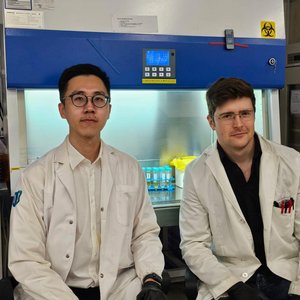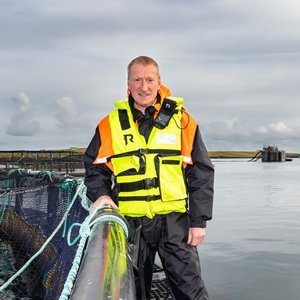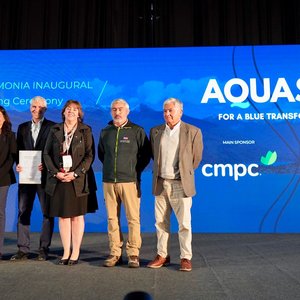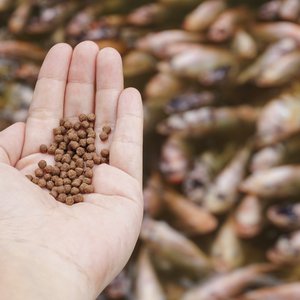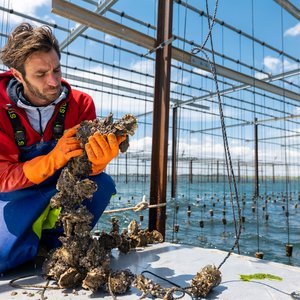The European Probiotic Association (EPA) is pleased to announce the recipients of the Jules Tournut Probiotics Prize 2016. This year two awards have been delivered. The prize for Innovative Industrial Application was delivered to Ms. Marie Smedley for her Ph.D. project conducted at the University of Stirling (UK) on probiotic application for salmon nutrition, showing that probiotics can help limit skeletal deformities in fish. The prize for Scientific Excellence was delivered to Ms Cécile Verdier, for her Masters’ project conducted at the French’s Agronomical Research Institute (INRA) on the potential of probiotic in the prevention of foodborne E. coli infection
“This is always an interesting time for the industry, demonstrating that the potential of probiotics applications is still partially untapped,” explained Dr Gérard Bertin, Secretary General of EPA. “While the regulation in Europe mainly deals with performance enhancement, research is a few steps ahead as we can see from the scope of projects we received: studies on digestive performance, but also digestive health (Helicobacter pylori infection), food safety (E. Coli control), aquaculture (skeletal conformity), as well as applications in tropical and extensive type dairy cattle (such as buffaloes) and novel potential applications to address the issues of tomorrow such as antibiotic replacement. This year we decided to award both scientific excellence, linked to research invention, and potential industrial application, linked to innovation and new market developments”
Marie Smedley’s project is titled: “The impact of Pediococcus acidilactici on triploid Atlantic salmon (Salmo salar L.) growth performance and skeletal development.” Deformities are a significant welfare concern in finfish aquaculture, and triploid Atlantic salmons are shown to be more prone compared with their diploid Atlantic salmon siblings, which has hindered wider commercial adoption. Past nutritional studies indicate that dietary deficiencies, including phosphorous, may be the cause. This is the first study to investigate the use of probiotics in triploid fish and results show that the probiotic appears to offer a potential alternative to high dietary phosphorus in reducing skeletal deformity during salmon development. This has provided new insight into the use of probiotics to valorize aquaculture products and may offer a cheaper and more environmentally friendly nutritional solution to skeletal deformities in aquaculture. In addition, these results have pioneered the initial stages of subsequent commercial implementation of the probiotic in a specific feed for triploid salmons.



